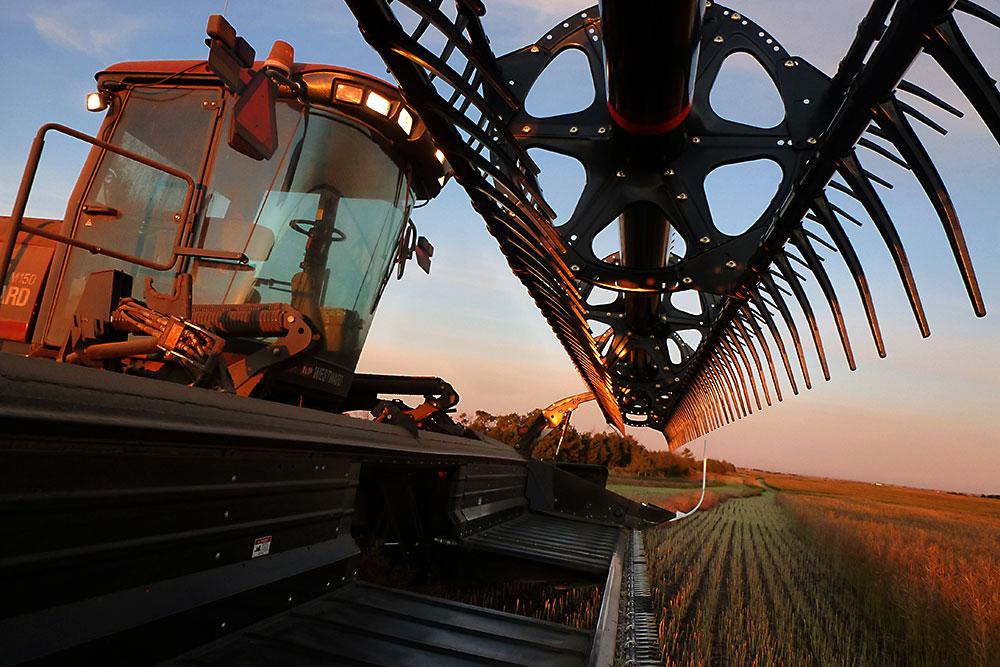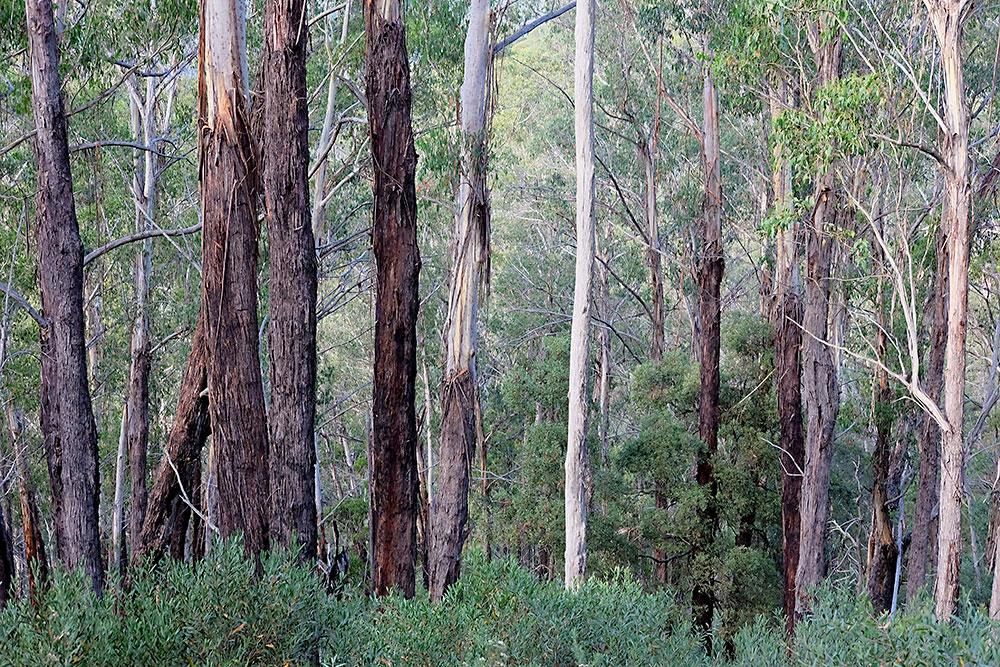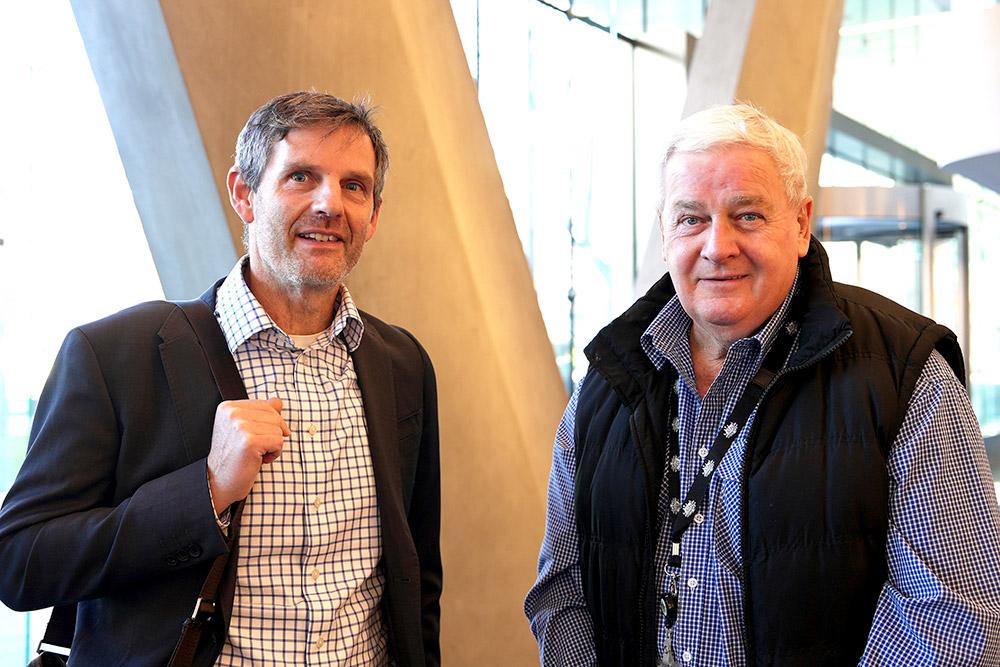Trade policy and reducing agricultural support have a strong role to play in guaranteeing international food security, according to the latest Insights report from ABARES.
Executive Director of ABARES Dr Jared Greenville said open trade is a big part of the solution to long-term food security.
“Recently we’ve seen a serious spike in grain prices, which has put food security on the agenda again,” Dr Greenville said.
“Trade policy and cutting agricultural support can create real outcomes for food security. All countries can play a role advocating for policies that help long-term food security.
“Globally, immediate gains in food security are mostly not about the quantity of food. Between 1961 and 2019, the global population grew by 149 per cent while agricultural production grew by 262 per cent. The issue is the distribution of food relative to where people live.
“Trade plays an important role in helping improve the distribution of food and its affordability. Open trade helps move food to where it’s needed and can promote higher incomes, creating better access to food.
“Trade also improves the stability of food supply. Crop failure in one region doesn’t have to mean famine and hunger if trade relations are strong and trade partners can make up for lost supply.
“A number of policies directed at the agriculture sector can worsen food security outcomes. Policies that restrict trade, including export restrictions directly restrict food supply, along with domestic subsidies which reduce long-run economic growth and more often than not raise food prices, curb consumers’ ability to afford food.
“It’s tempting for governments to pursue independence and self-sufficiency when times are tough, but it can have the opposite effect to what they’re looking for.
“Self-sufficiency, when pursued through agricultural subsidies and other support, makes a country more vulnerable to food supply shocks, reduces national incomes, can raise prices for consumers and can deny nutritional diversity.
“Decades of policy research by international organisations and reputable academic researchers have shown that lower trade barriers and removal of distortionary support help to improve a nation’s food security.”
Australia has one of the lowest levels of agricultural support across the 37 Organisation for Economic Co-operation and Development (OECD) member countries - and when compared to major emerging economies.
Read further about Food security: the role of international trade and support.



